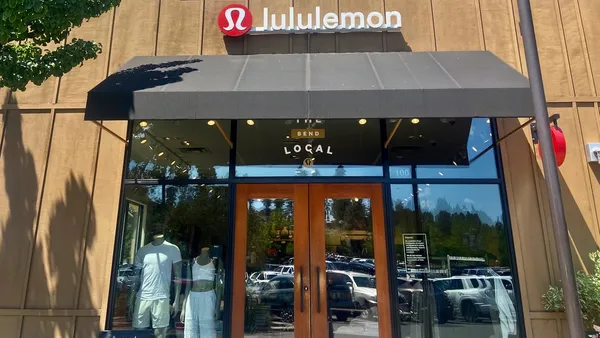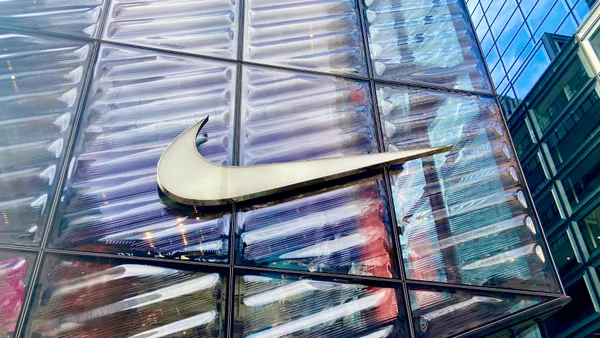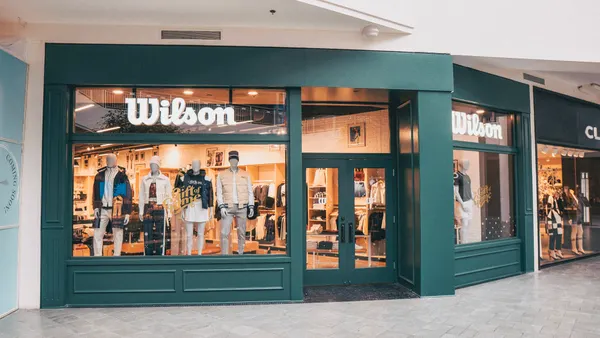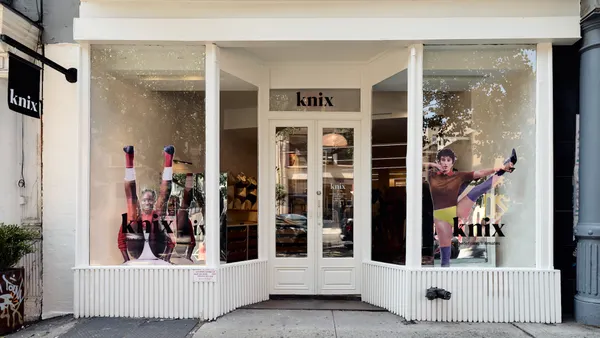Dive Brief:
- A bipartisan group of lawmakers introduced a bill this week aimed at stopping "dangerous counterfeits" and nudging platforms to curb the sale of counterfeits on their website.
- Dubbed the SHOP SAFE Act ("Stopping Harmful Offers on Platforms by Screening Against Fakes in E-Commerce"), the bill would create trademark liability for online marketplaces when third parties sell fake products that could endanger consumer health and safety.
- To avoid liability, platforms would need to take steps to vet sellers and goods, such as verifying their identity and location, using technology to screen for counterfeits, and requiring sellers to agree not to sell counterfeits and consent to be sued in U.S. courts, among other practices. Platforms would also be required to quickly remove counterfeit listings as well as repeat listers of counterfeit goods.
Dive Insight:
The new bill targets counterfeits that are a public danger: those that can lead to illness, injury, allergic reactions and death. But the prevalence of counterfeits is broad-based.
Brands spanning categories and geographies have voiced concern about the proliferation of counterfeits as online marketplaces have grown. The International Trademark Association estimates that the global market for counterfeit and pirated products could reach $2.8 trillion by 2022.
In 2018, the Government Accountability Office ran a modest test, making 50 purchases from third-party marketplaces, including Amazon, Walmart, eBay and Sears. The office found that 43% of the products they bought were counterfeit.
"American consumers increasingly turn to the internet to shop. Counterfeiters have followed consumers, and it is clear more must be done to combat the rising trend in online sales of counterfeit products," said Rep. Jerry Nadler, D-New York, and chair of the judiciary committee, said in a press release.
With Amazon by far the largest marketplace in the U.S., and third-party sales overtaking the e-commerce giant's own sales, the company has come under scrutiny.
An investigation by The Wall Street Journal reported last year found more than 4,100 items for sale on Amazon's website that had been banned or declared unsafe by federal agencies, or that were deceptively labeled. (An Amazon spokesperson told the Journal that "safety is a top priority" at the company and it worked "quickly to protect customers.") The newspaper separately reported on a pet product maker that found a counterfeit of an herbal supplement it sells carrying the "Amazon's Choice" badge on the company's site.
Amazon has introduced new tools and programs to combat counterfeits, and deploys thousands of workers to combat the problem. But counterfeits and unsafe goods persist online. Beyond legislation, consumers are also pushing in courts to hold Amazon and others liable for products sold on websites. In one case, filed by a woman blinded in one eye by a defective dog leash sold on Amazon's site, judges noted instances where harmed consumers could not locate the third-party vendor.
Brands large and small have described the online world as a kind of wild west, full of fakes. Some lawmakers appear to be listening.













